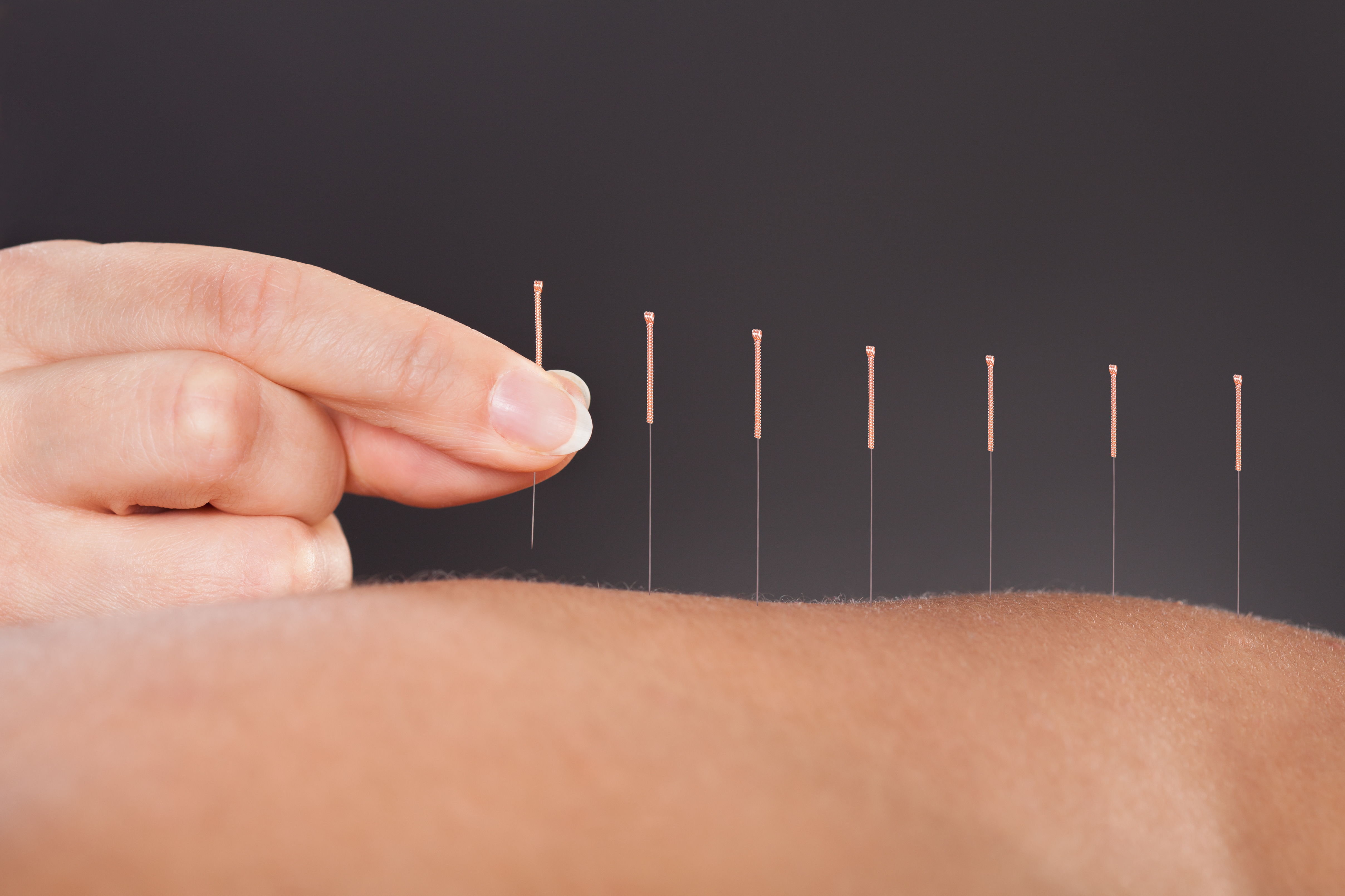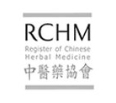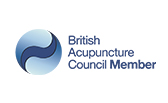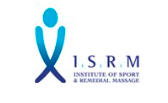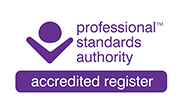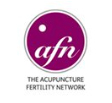It’s normal for first-time patients to be anxious about the practice of acupuncture before they’ve had their first session. There are a number of myths in circulation today that can make this NHS-approved treatment method seem somewhat questionable.
In reality, acupuncture is a completely safe and reliable treatment if carried out by fully trained practitioners. We explore what acupuncture feels like and a few things you can expect during your first treatment with us at Acubody or other accredited practitioners.
What Happens During Acupuncture?
Acupuncture is the practice of penetrating the skin with thin, solid, metallic needles which are then activated through specific movements of the practitioner’s hands. Electrical stimulation can also be used.
Before this happens, all equipment is fully checked and the patient is made to feel comfortable in a safe position on a practitioner’s table. Only single-use sterile needles should be used during treatment.
An average session is around 30 to 60 minutes. However, you may end up being in the treatment room for longer depending on the preparation process used by your practitioner, or the condition being treated.
What Does It Feel Like?
Acupuncture isn’t painful for most people. However, the sensation of small needles penetrating your skin can cause a certain amount of discomfort. Most people report only minimal pain and a general sensation of pressure.
If needles receive a mild electric current or are heated, you will also experience this during the treatment, which could result in your feeling energised and/or relaxed. You may also experience different sensations depending on the area of your body receiving acupuncture.
Of course, the improper insertion of needles can be painful and you must always seek treatment from someone who is trained and experienced in handling acupuncture. Needles must conform to regulations and be sterilized to prevent infection.
Potential Sensations from Acupuncture
- Gentle tingling
- Light pressure
- Mild pain
- Ache
- Heat
- Friction
- Suction
- Impulses of electromagnetic energy
Acupuncture Points
There are many areas in the body practitioners focus on during acupuncture sessions. These ‘acupuncture points’ are defined areas on the skin relative to certain landmarks on the body.
These locations were traditionally decided based on where it was assumed holes or channels existed in the skin through which qi energy could flow.
How Does Acupuncture Affect the Body?
Acupuncture points are now chosen to stimulate the central nervous system. This is designed to release chemicals into the muscles, spinal cord, and brain, to stimulate the body’s natural healing abilities and promote physical and emotional well-being.
Patients may experience this immediately or as a result of a long-term treatment plan over several weeks. Others may experience no noticeable change in their body. Some also experience a reduction in certain symptoms or ailments they are trying to treat by using acupuncture.
Evidence Based Acupuncture recognises that treatment can have a positive effect on the following conditions:
- Allergic rhinitis
- Chemotherapy induced nausea and vomiting
- Chronic low back pain
- Chronic and tension headaches
- Knee osteoarthritis
- Migraines
- Postoperative nausea and vomiting
- Postoperative pain
Choosing Acupuncture
If you have questions about how acupuncture works or would like to seek help for fertility or back pain acupuncture in London, you can get in touch with one of our practitioners at Acubody. If you are feeling concerned about its efficacy or how it will affect your body, you may also want to consult your GP for advice on this treatment method based on your medical history and current health condition.

 by admin
by admin 13 December 2020
13 December 2020 
